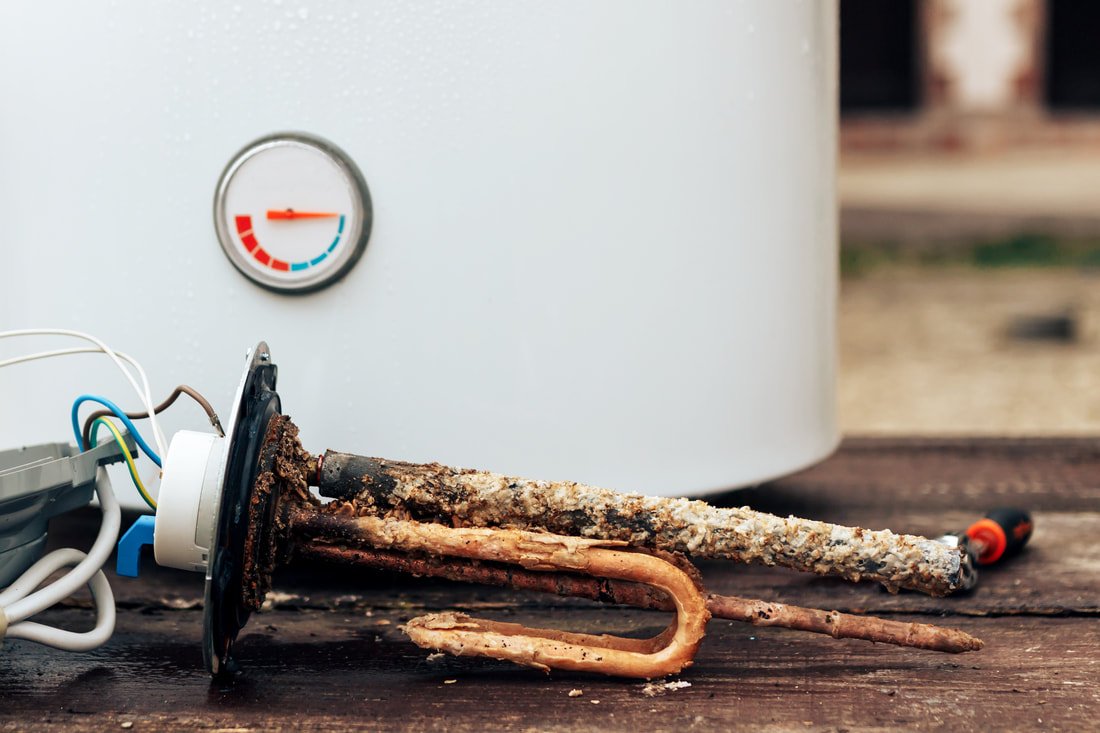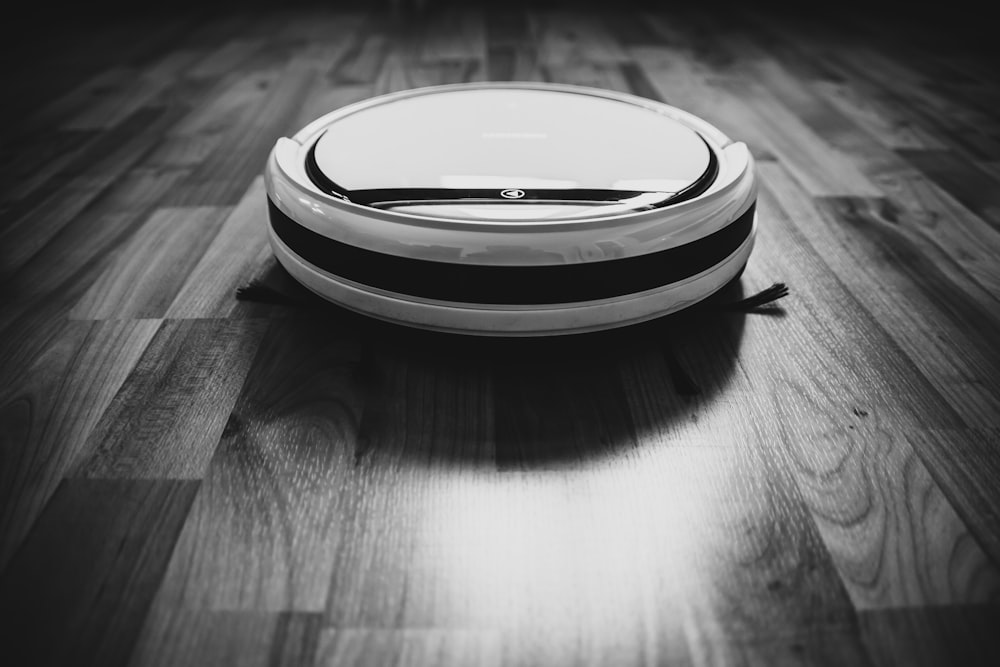
Troubleshooting Water Heater Problems: Quick Solutions
Identifying Common Issues
Water heater problems can disrupt daily routines and cause frustration for homeowners. From lukewarm showers to strange noises emanating from the tank, identifying the root cause of these issues is the first step towards finding a solution. Common problems include sediment buildup, faulty heating elements, and thermostat malfunctions, all of which can affect the performance of your water heater.
Sediment Buildup
Over time, sediment and mineral deposits can accumulate at the bottom of your water heater tank, reducing its efficiency and causing issues such as decreased water pressure and lukewarm water. Flushing the tank periodically can help remove built-up sediment and restore optimal performance. Additionally, installing a water softener can prevent mineral buildup and extend the lifespan of your water heater.
Faulty Heating Elements
If your water heater is producing insufficient hot water or none at all, the heating elements may be to blame. Over time, these elements can deteriorate or become corroded, leading to decreased heating efficiency. Replacing faulty heating elements is a relatively simple and inexpensive repair that can restore your water heater’s ability to provide consistent hot water.
Thermostat Malfunctions
A malfunctioning thermostat can cause erratic temperature fluctuations and inconsistent hot water supply. If you notice that your water heater is producing water that is too hot or too cold, the thermostat may need to be adjusted or replaced. Regularly checking and calibrating the thermostat can help ensure that your water heater maintains the desired temperature settings.
Leaks and Drips
Leaks and drips are common water heater problems that can lead to water damage and costly repairs if left unaddressed. Inspecting the tank and connections for signs of leakage, such as puddles or wet spots, can help identify potential issues early on. Tightening loose connections, replacing damaged valves, and patching small leaks can prevent further damage and prolong the lifespan of your water heater.
Strange Noises
Unusual noises coming from your water heater, such as popping, banging, or rumbling sounds, can indicate sediment buildup or overheating. Flushing the tank and adjusting the temperature settings can help alleviate these noises and restore normal operation. If the problem persists, it may be a sign of more serious issues, such as a failing heating element or excessive pressure buildup, which should be addressed promptly by a professional.
Pilot Light Problems
For gas water heaters, a malfunctioning pilot light can prevent the burner from igniting, resulting in no hot water. Checking the pilot light for proper ignition and ensuring that the gas supply is turned on can help resolve this issue. If the pilot light continues to go out or fails to stay lit, there may be issues with the thermocouple or gas valve that require professional attention.
Pressure Relief Valve Issues
The pressure relief valve is a critical safety component of your water heater that helps regulate pressure and prevent tank explosions. If the pressure relief valve is malfunctioning or leaking, it can indicate excessive pressure buildup within the tank. Testing the valve periodically and replacing it if necessary can help ensure the safe and efficient operation of your water heater.
Professional Inspection and Maintenance
While some water heater problems can be addressed with DIY solutions, it’s essential to enlist the help of a professional for more complex issues or repairs. Routine inspection and maintenance by a qualified technician can help identify potential problems early on and prevent costly breakdowns. Investing in regular servicing can extend the lifespan of your water heater and ensure that it continues to operate safely and efficiently for years to come.
Preventive Measures
In addition to addressing existing water heater problems, taking preventive measures can help minimize future issues and prolong the lifespan of your appliance. Flushing the tank regularly, inspecting for leaks, adjusting temperature settings, and scheduling professional maintenance are all essential steps in preserving the efficiency and performance of your water heater.
Experience hassle-free hot water with quick solutions to common water heater problems. By identifying and addressing issues promptly, you can ensure that your water heater continues to provide reliable hot water for your home’s needs. With a little troubleshooting and preventive maintenance, you can keep your water heater running smoothly and efficiently for years to come.







